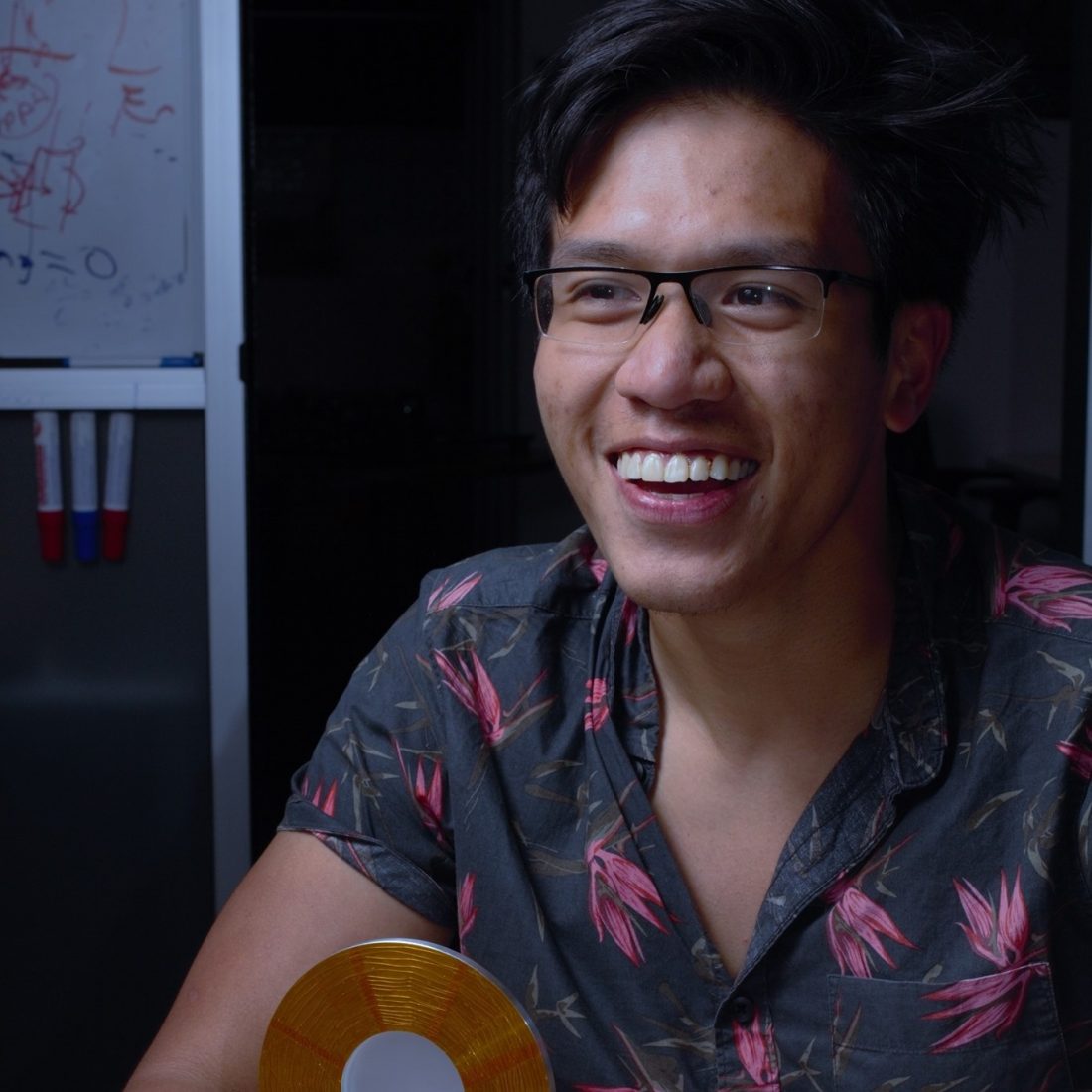Science and Mathematics
Heating to Stay Cool: How Efficient Shaping Wavefront Can Shape the Future of Gravitational Wave Detectors
August 11, 2023 at 1:00pm – 2:30pm EDT
Physics Building, 202
This event has already occurred. The information may no longer be valid.

The Department of Physics is pleased to welcome Huy Tuong Cao for a presentation as part of the Gravitational Wave Seminar Series. Cao is a researcher at UC Riverside specializing on Gravitational Wave Detection.
Abstract
As the first decade of gravitational wave astronomy with ground-based observatories approaches, we are moving forward into an operation regime where second order distortions such as thermal lensing and deformation are no longer negligible. The stark contrast between practical settings of the thermal compensation system currently in use and its supposedly designed values begs the question if we could reach the design sensitivity of future upgrades and third generation detectors, which rely both on high laser power operation and increased squeezed state of light injection to reduce quantum noise. Our thermal management strategy has so far relied on modelling the interferometer in their thermal equilibrium, leaving the transient aspect often overlooked. As we try to further increase injected laser power, this equates to more loss of observing duty cycle as our interferometers spend more time in sub-optimal thermal states. This talk aims to give a brief review of the status of our existing mode sensing and control system, its sensors, and actuators, which I have been actively involved with design and commissioning. From this review, we will have a look at the global effort to address thermal issues in both hardware development and modelling fronts and the exciting research prospects that come with it.
This event was first published on August 8, 2023 and last updated on September 8, 2023.
Event Details
- Category
- Science and Mathematics
- Type
- Talks
- Region
- Campus
- Open to
- Faculty & Staff,
- Graduate & Professional Students
- Organizer
- CAS-Department of Physics
- Contact
- Kevin Garvey
kjgarvey@syr.edu
315-443-5960
- Accessibility
- Contact Kevin Garvey to request accommodations
